Analysis of Common Language Policy in a Multinational Public Utility
VerifiedAdded on 2022/09/21
|10
|527
|32
Report
AI Summary
This report delves into the intricacies of language policy within public utility companies, particularly those operating on a multinational scale. It examines the adoption of common corporate languages and the implications of maintaining a parent company's language. The report explores the dynamics of language use, including the impact of language policy decisions on power structures within the organization. It emphasizes the importance of standardization in communication while acknowledging its limitations in multilingual environments. The study highlights the significance of factors such as learning, information flow, and the role of expatriate managers in ensuring effective communication and information transfer within the company. The report also references academic research on corporate language policy, addressing the gap in literature regarding the benefits of a public utility's choice to keep its parent company language upon adoption of a common corporate language.
1 out of 10
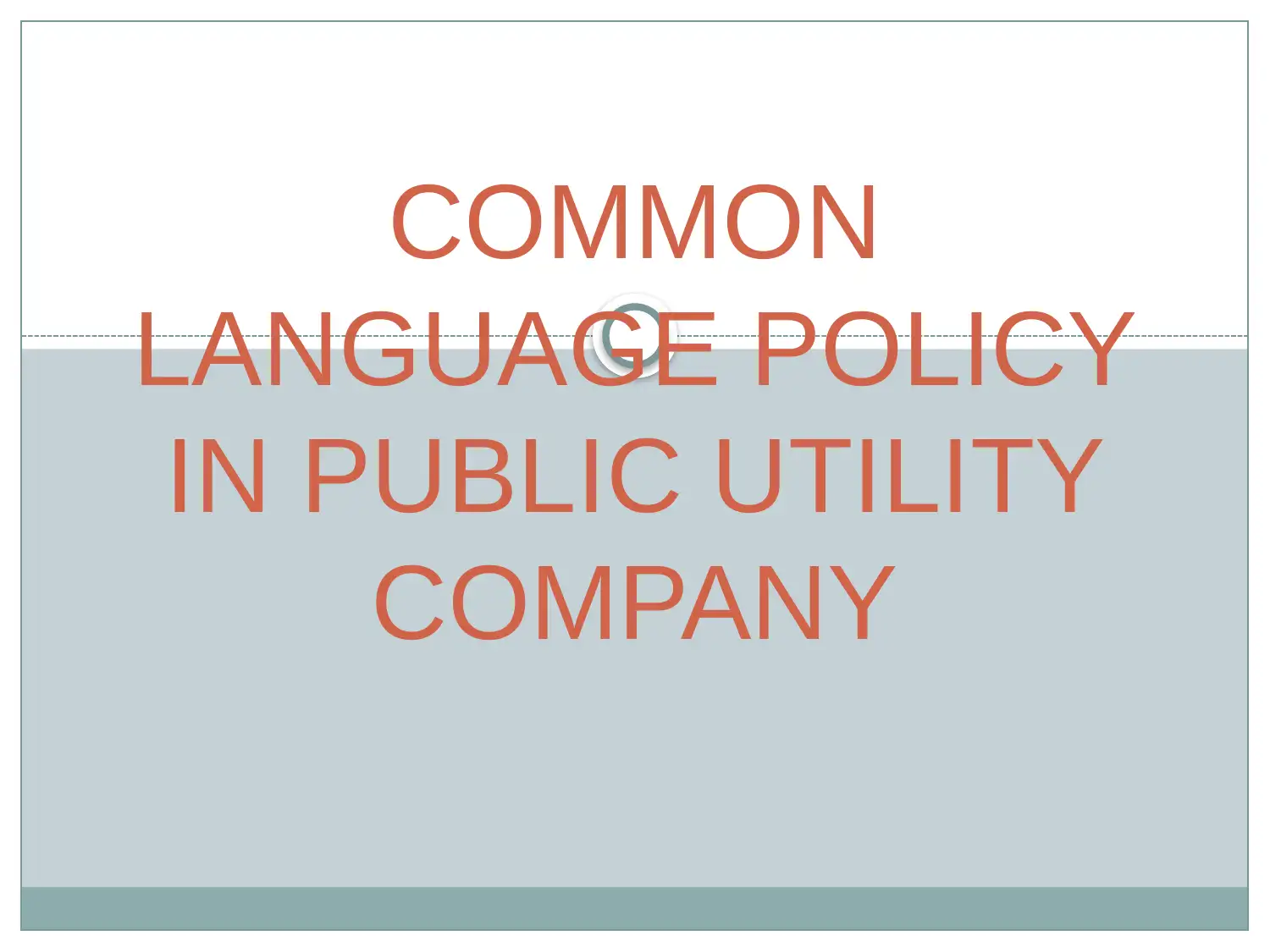
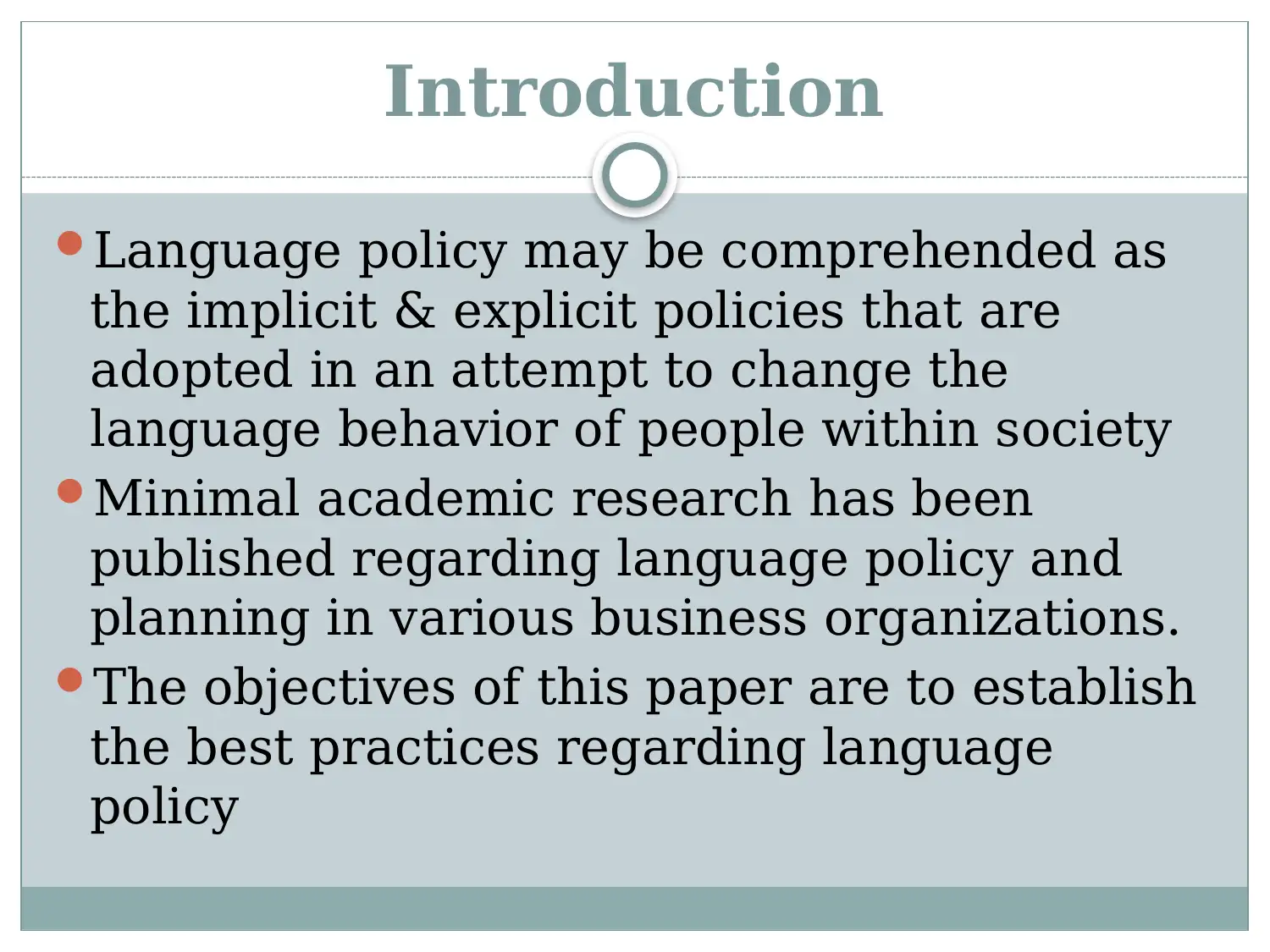
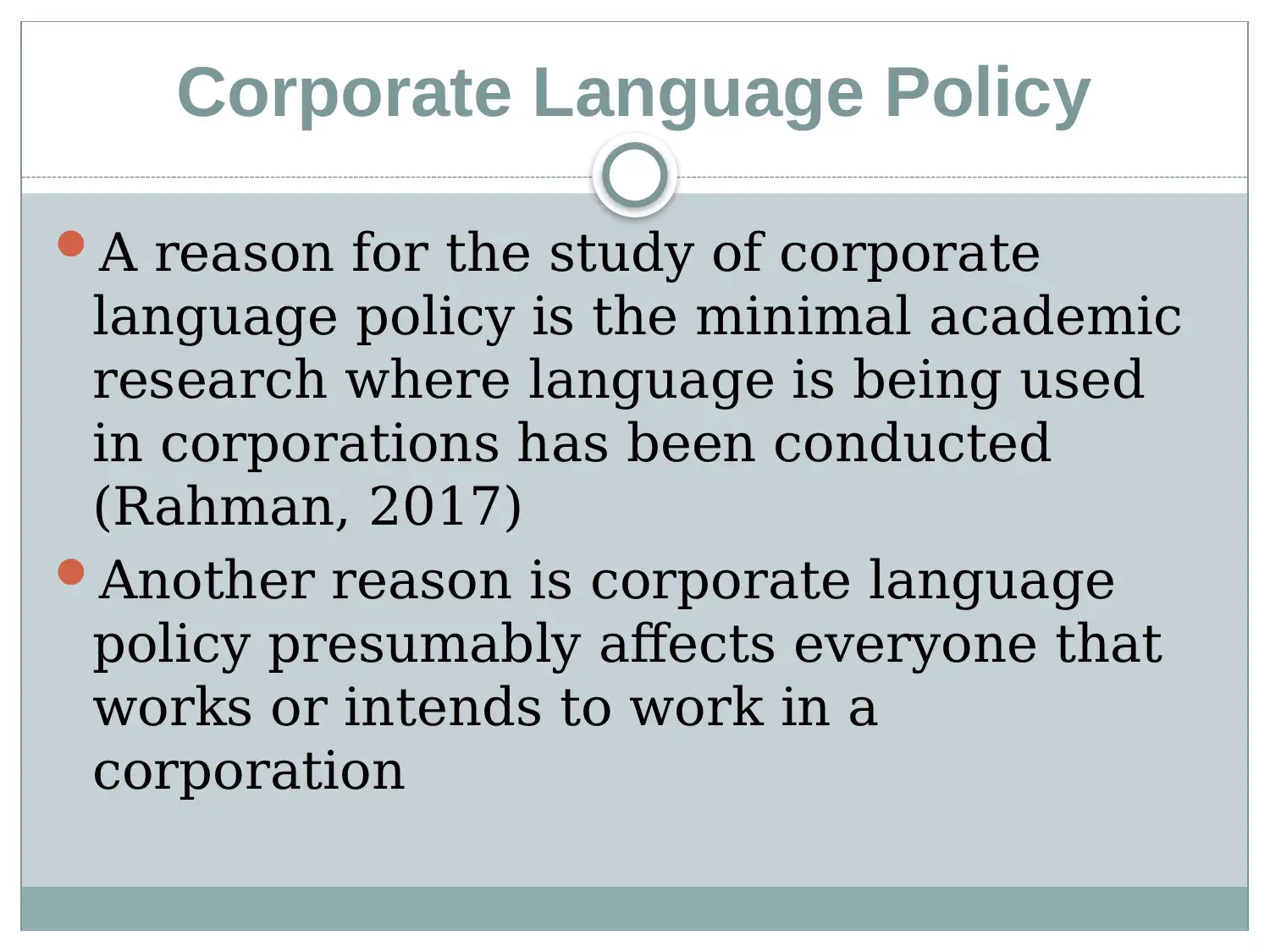

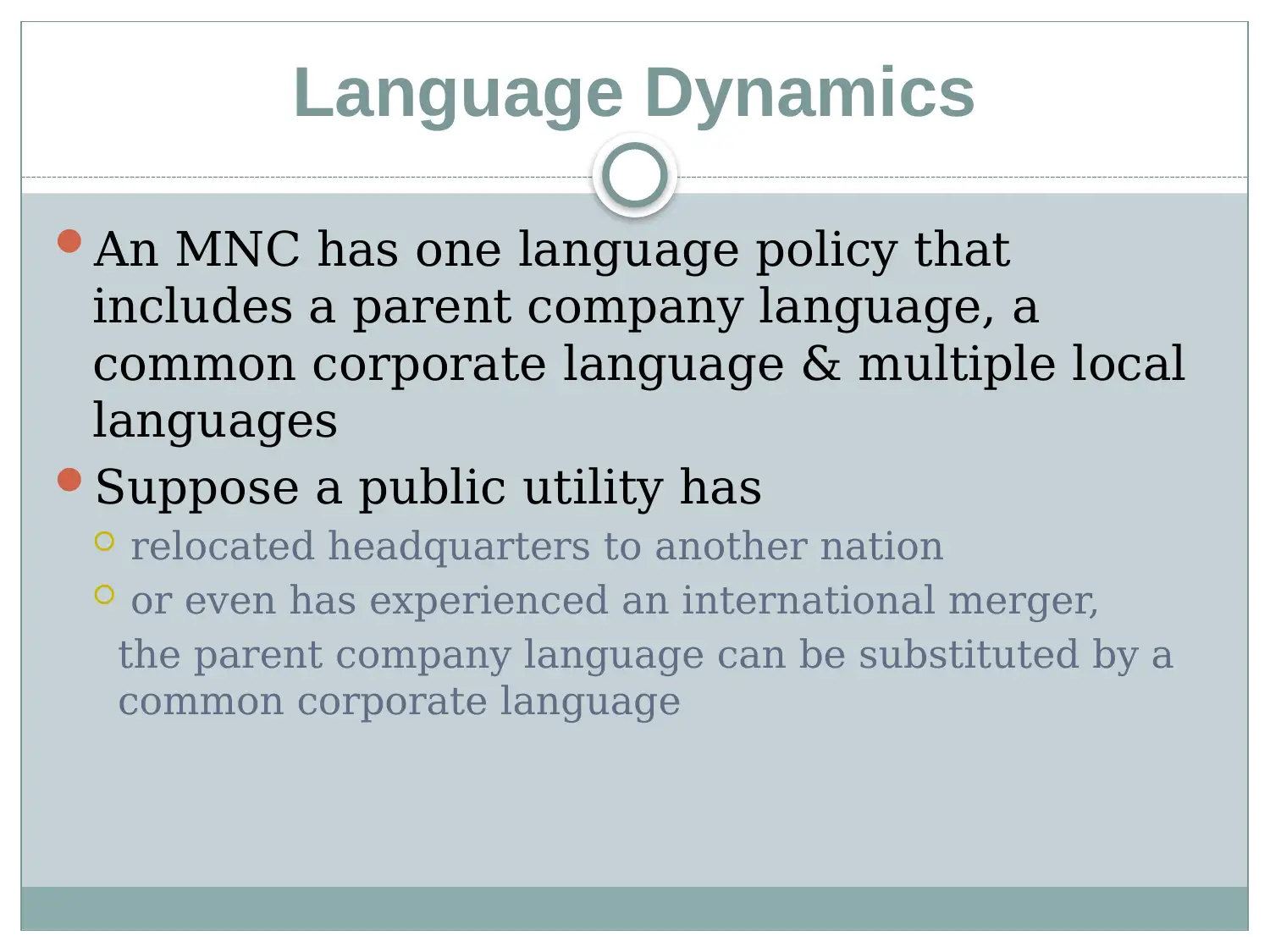
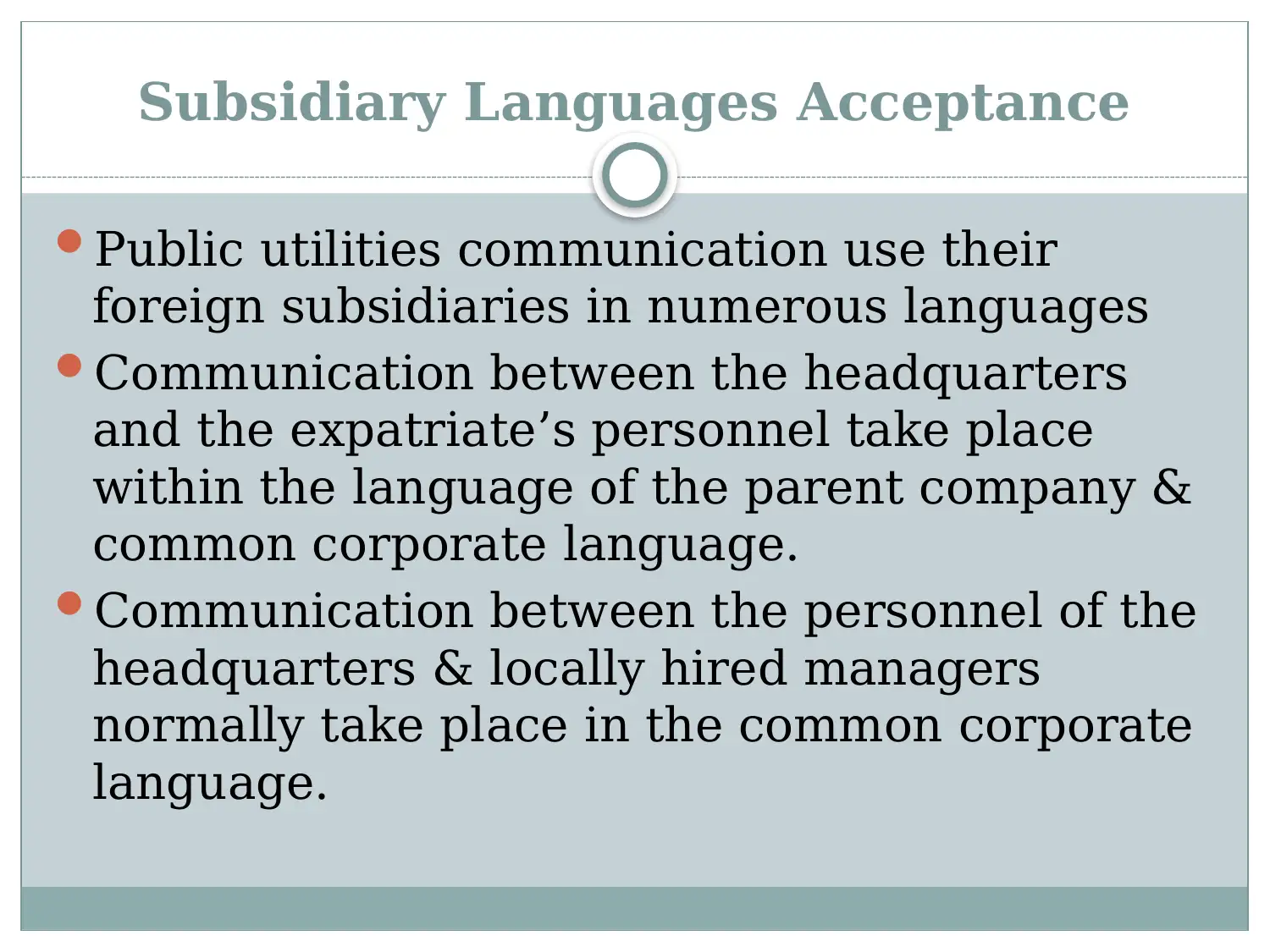
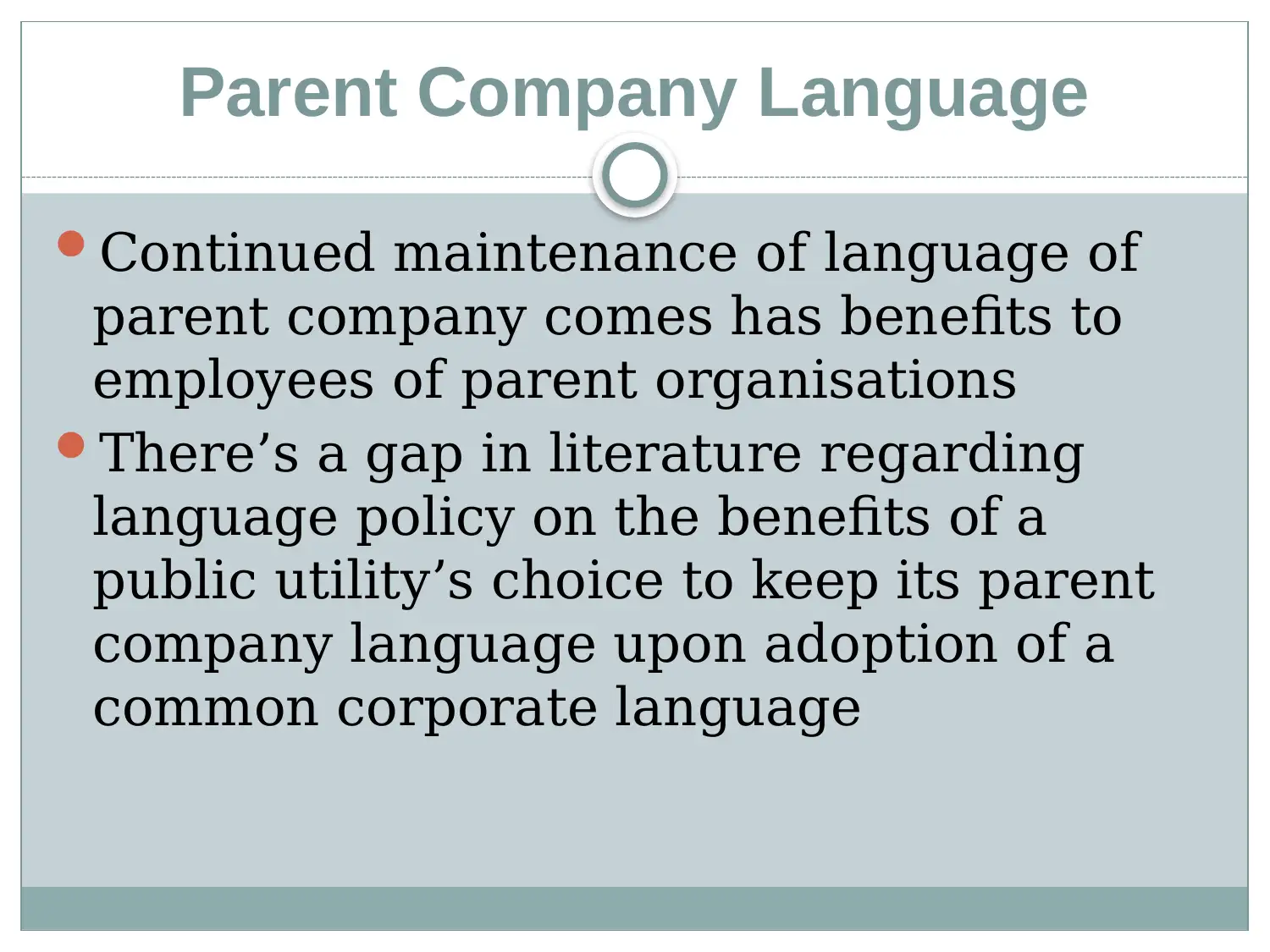
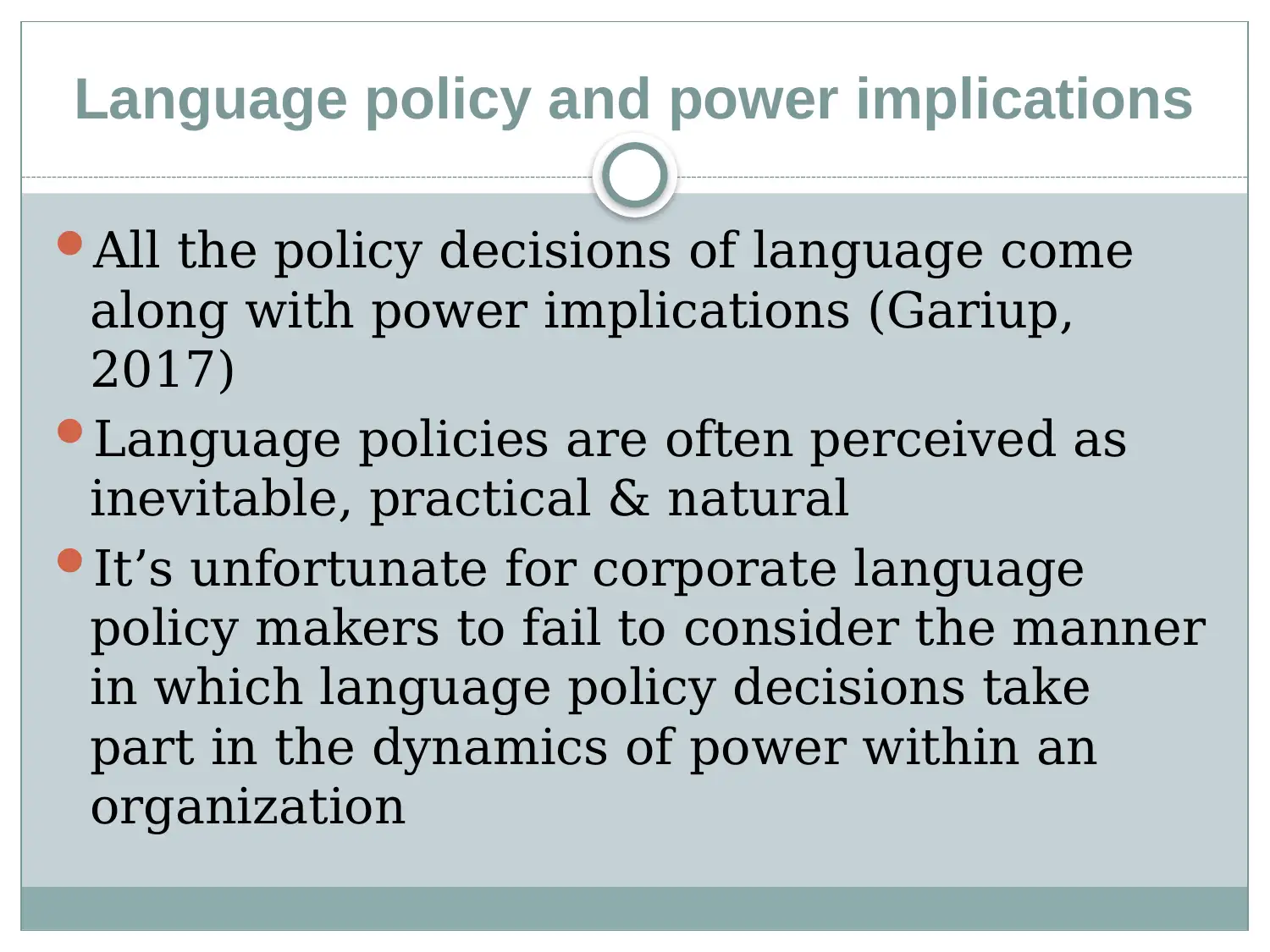
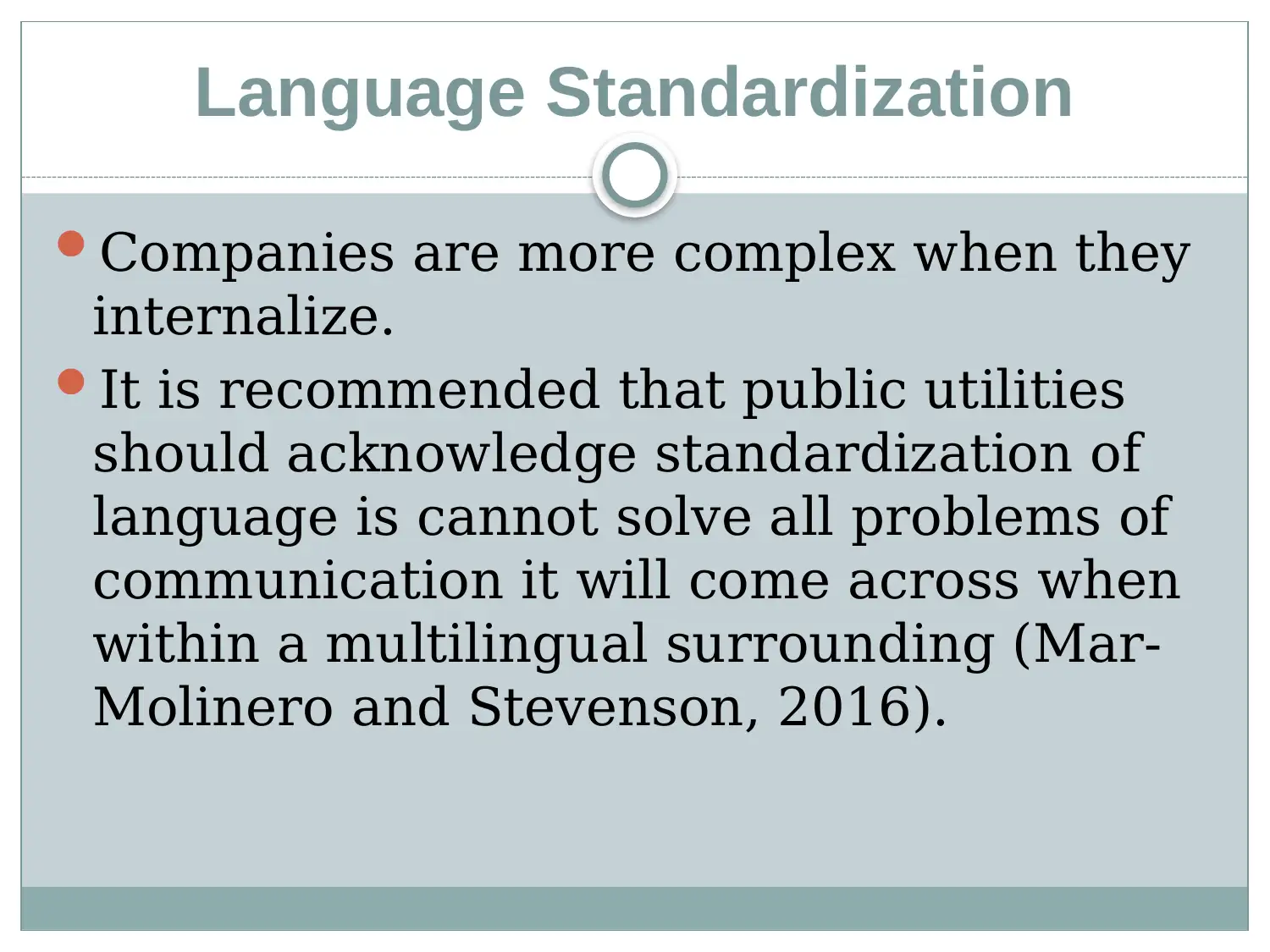
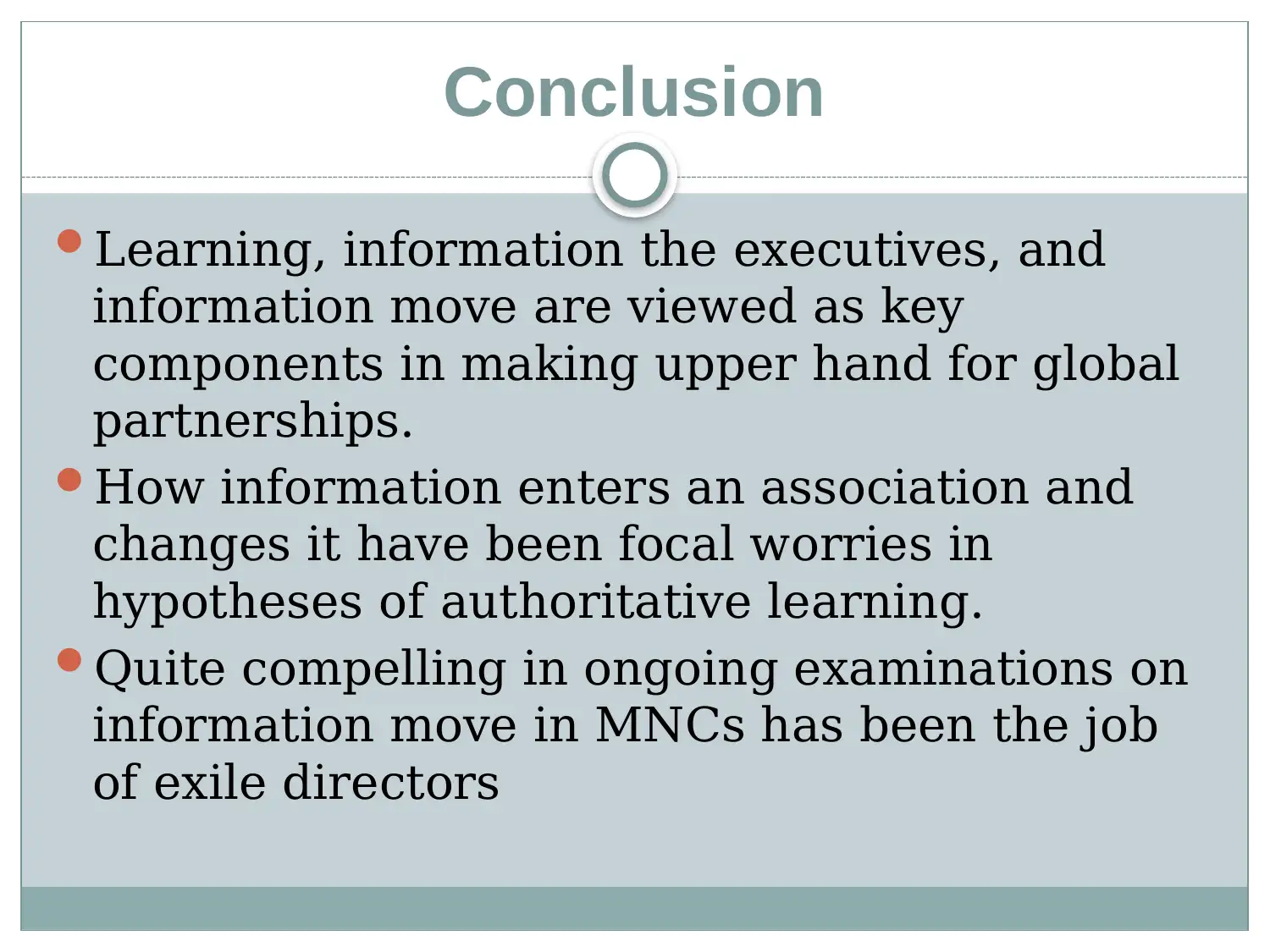
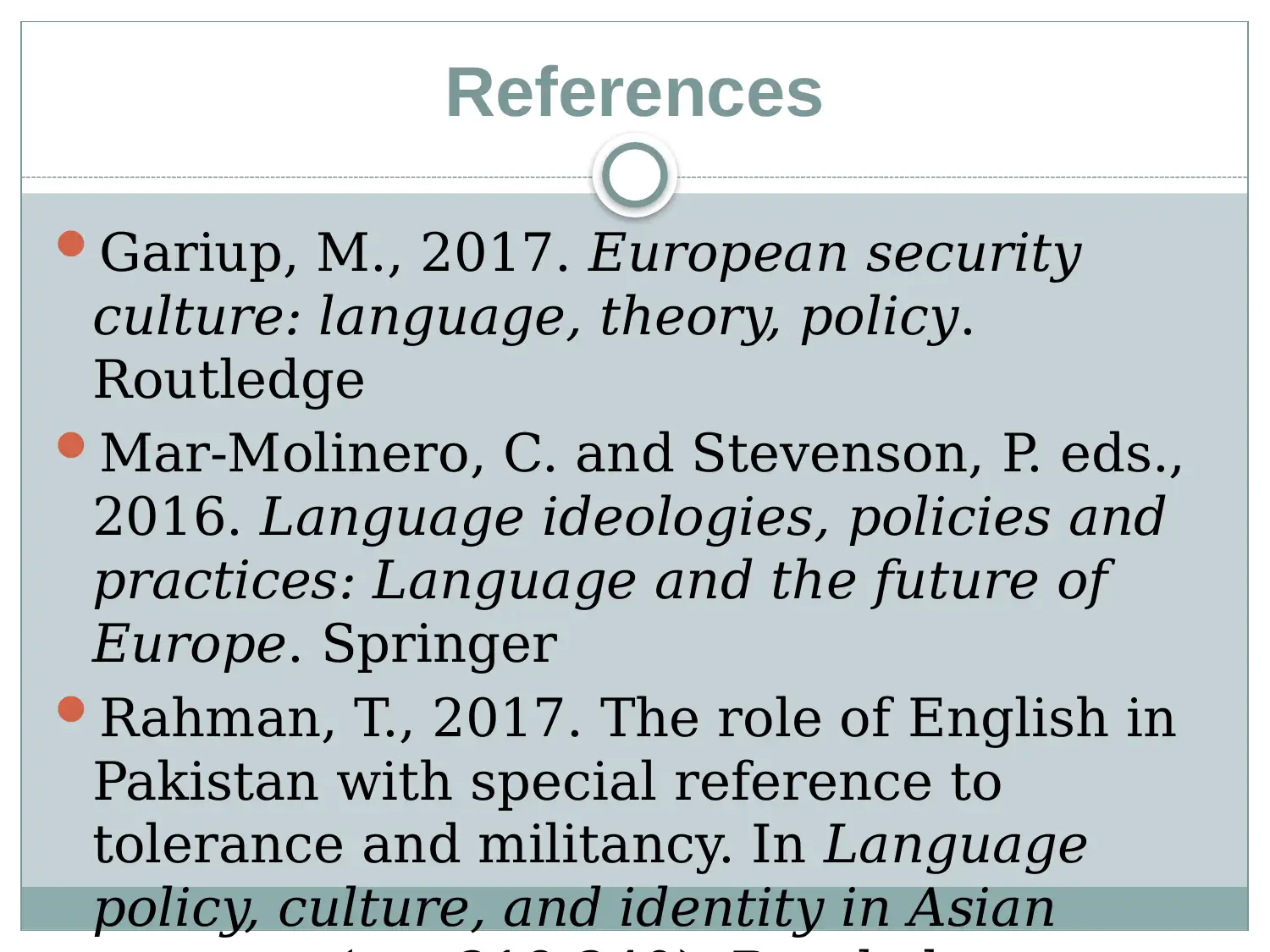






![[object Object]](/_next/static/media/star-bottom.7253800d.svg)